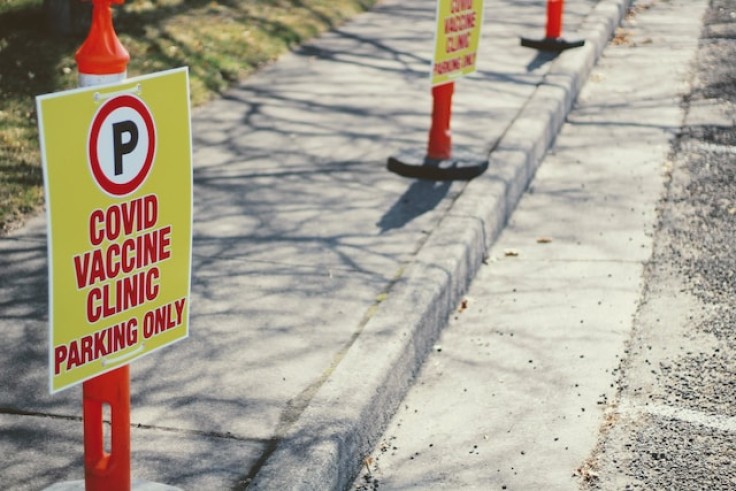
As families across America prepare for Labor Day gatherings and the return to school, COVID-19 cases are surging once again. Hospital admissions have increased by over 18%, according to the U.S. Centers for Disease Control and Prevention (CDC) Amid these rising numbers, CNN's wellness medical expert, Dr. Leana Wen, offers guidance on the necessary precautions to take, particularly for the elderly and those at high risk of severe illness.
"We are at a different point in the pandemic," explains Dr. Wen, an emergency physician and professor at George Washington University's Milken Institute School of Public Health. According to her, the key factor to consider is one's vulnerability to severe illness if infected. For the younger, generally healthy population that has been vaccinated and possibly recovered from a previous COVID-19 infection, the risk of severe illness is low. "They might adopt good hygiene practices but might forego stricter measures like masking and social distancing," she says.
Additional Precautions for Older Adults
Despite the widespread availability of vaccines and treatments, the elderly and those with underlying medical conditions remain at high risk. Dr. Wen strongly advises this group to stay up-to-date with the coronavirus boosters. Studies have shown that the antiviral medication Paxlovid can significantly reduce the risk of severe illness, and she recommends that high-risk individuals have a plan to access this medication.
There are two additional categories of people who should be cautious, according to Dr. Wen. The first group includes those living with high-risk individuals. They should consider reducing indoor gatherings and masking to lower the risk of transmitting the virus. Regular testing is also recommended for this group to minimize asymptomatic transmission.
The second group consists of people concerned about the long-term effects of COVID-19. Dr. Wen recommends that these individuals take additional precautions to reduce their risk of infection.
Dr. Wen emphasizes that while hospitalizations are rising, they remain significantly lower than last year. Therefore, she doesn't see the need for widespread cancellations of Labor Day events. However, she recommends outdoor activities, good ventilation, and readily available hand sanitizers for those hosting events. High-risk individuals should opt for outdoor gatherings and wear high-quality masks in crowded indoor settings.
Masks in Schools: A Controversial Topic
As students return to classrooms, Dr. Wen does not advocate for the return of mask mandates in schools. She argues that the risk to children is generally low and that families should assess their specific situations to determine whether masking is necessary. For instance, children visiting high-risk family members might opt for temporary masking.
Dr. Wen warns of a potential rise in cases of not just COVID-19 but also the flu and Respiratory Syncytial Virus (RSV) in the coming months. She recommends flu vaccines for everyone over six months old and urges high-risk individuals to receive the newly released RSV vaccines.
As America braces for another wave of COVID-19 coinciding with Labor Day and the back-to-school season, it's crucial to heed expert advice. Planning and precautions are key, especially for those most vulnerable to severe illness.
Related Article : COVID Pandemic-Related Stress Causes Teen Brains to Age by Several Years